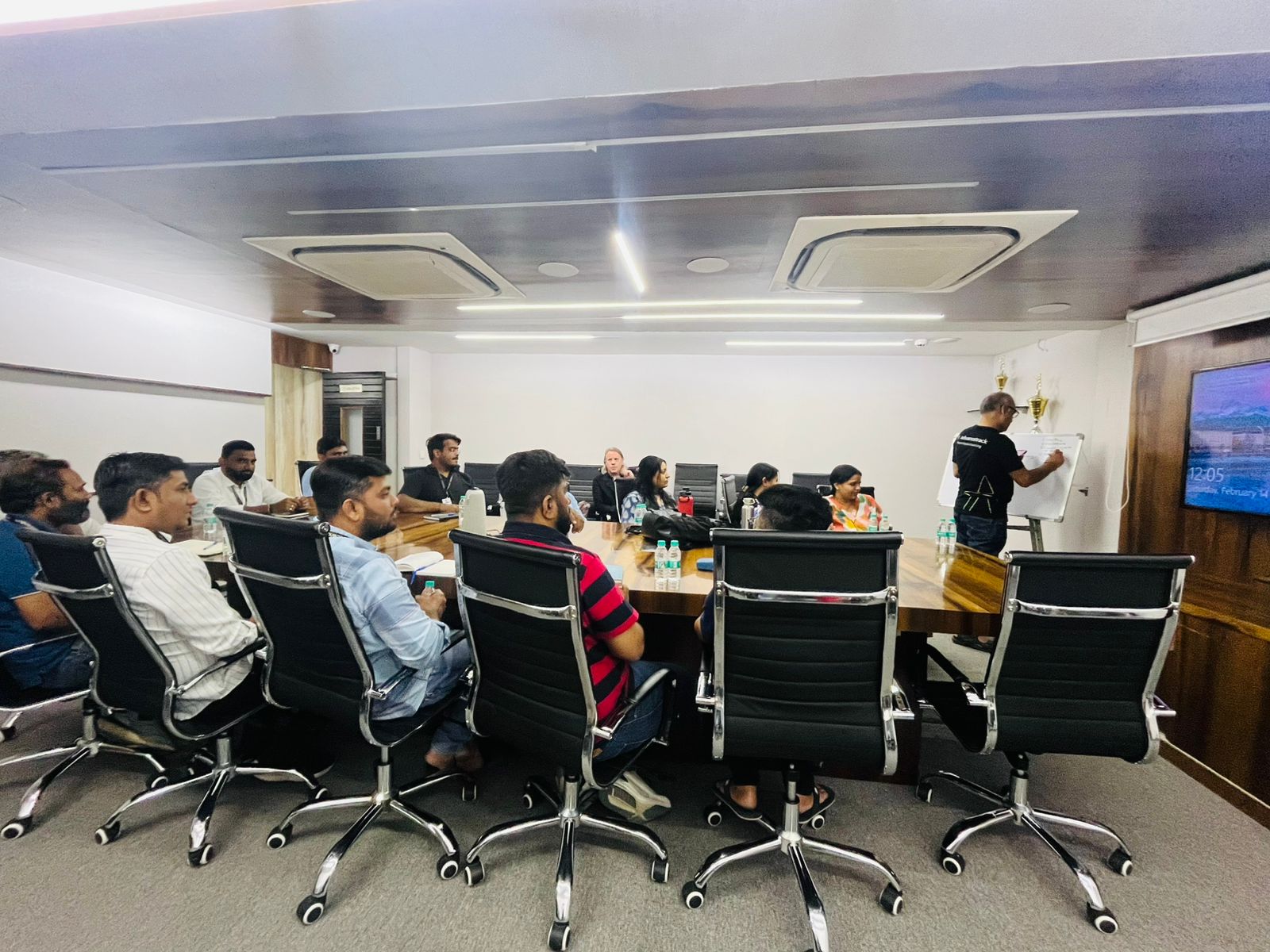
Data is more than just information. It’s currency. For accountants, that data is especially valuable. You're handling sensitive financial records, personal identifiers, and tax information every day - the kind of data that cybercriminals actively seek.
As cyberattacks increase and reliance on cloud-based platforms and outsourced services grows, clients expect more than just financial expertise. They expect their information to be handled with the highest standards of security.
The risks are significant. According to the UK government’s 2024 Cyber Security Breaches Survey, 32% of small businesses identified a cybersecurity breach or attack in the past 12 months. Professional services, including accountancy firms, continue to be a key target.
Trust is at the heart of your client relationships. Protecting client data is essential to maintaining that trust.
Jump to:
Accountancy firms are attractive to cybercriminals for a simple reason: the data they hold is both sensitive and financially valuable. This includes bank account details, National Insurance numbers, payroll records and corporate tax data.
Some of the most common cyber threats targeting the profession include:
Cloud-based platforms and outsourced services bring big benefits, but they can also create risk if not properly secured.
Modern security is built on the idea of Zero Trust. In essence you need to assume that sooner or later you will be hacked. On that basis, there is an element of security to make sure that your systems are secure, and a second to minimise the risk when they are compromised.
7. Consider your attack surface
These steps build a strong technical foundation for ongoing data protection. However the real weakness is your people - the most common way for systems to be compromised is by a user clicking a link in an email.
Cybersecurity is not just the responsibility of your IT provider or leadership team - indeed hackers will do their best to identify people they can target. It must be a shared priority across your entire organisation and throughout your supply-chain.
Start by providing regular training that helps your team identify threats such as phishing emails, how to manage passwords effectively, and use secure file-sharing tools.
Support this with a clear, firm-wide cybersecurity policy that sets expectations and outlines best practices. Make it simple, accessible, and practical - something your team can follow in their day-to-day work. One key element is to avoid sending client data by email.
Encourage a workplace culture where staff feel confident reporting suspicious activity or mistakes without fear of blame. It is much better to identify a problem and stop an attack, rather than waiting for your data to be leaked before you realise.
A documented checklist or internal guide can help reinforce these standards and ensure consistency across the firm.
Cloud accounting and outsourcing have transformed how firms operate. They offer flexibility, efficiency and scalability. But it’s critical to ensure that third-party providers treat your client data with the same level of care that you do.
When evaluating providers, consider the following:
There are firms that have all of these, but lack a culture of data protection and so struggle to keep up with the rapidly changing threats to your data. At Advancetrack we have built a risk based approach that drives security in every part of our processes, with constant incremental improvements to keep client data protected.
Not sure if outsourcing is the right step for you? See the signs your practice is ready.
Even with strong defences in place, you will get hacked eventually. That’s why preparation is critical. A clear, well-practised response plan can significantly reduce the impact of a breach.
Start by developing a documented incident response plan. Outline who is responsible for taking action, the steps to follow, and who needs to be notified, both internally and externally, and practice. For example, if your email is compromised, learn how to reset the password, reset the MFA and remove inbox rules - the quicker you do it the smaller the breach.
Ensure your team understands any legal or regulatory requirements for reporting data breaches, particularly under GDPR.
Consider investing in cyber insurance to help mitigate the financial and reputational impact of a serious incident.
After a breach, conduct a thorough review. Identify what went wrong, address any vulnerabilities, and update your protocols to prevent a recurrence.
Being prepared reduces confusion, limits damage, and helps your firm recover faster and with greater confidence.
Cybersecurity is not a one-time task. It is a continuous process that needs to evolve alongside technology and threats. Protecting client data is not just about compliance - it is about upholding your professional responsibility and maintaining client trust.
By building security into your daily processes, training your team and working with trusted partners, you can confidently navigate the digital landscape while protecting what matters most.
Advancetrack helps accountancy firms deliver secure, scalable and modern services backed by ISO-certified infrastructure and over 20 years of experience in cloud-led outsourcing.
Want to explore next steps? Here’s how to start outsourcing your accounting the right way, or contact us today to learn more.






